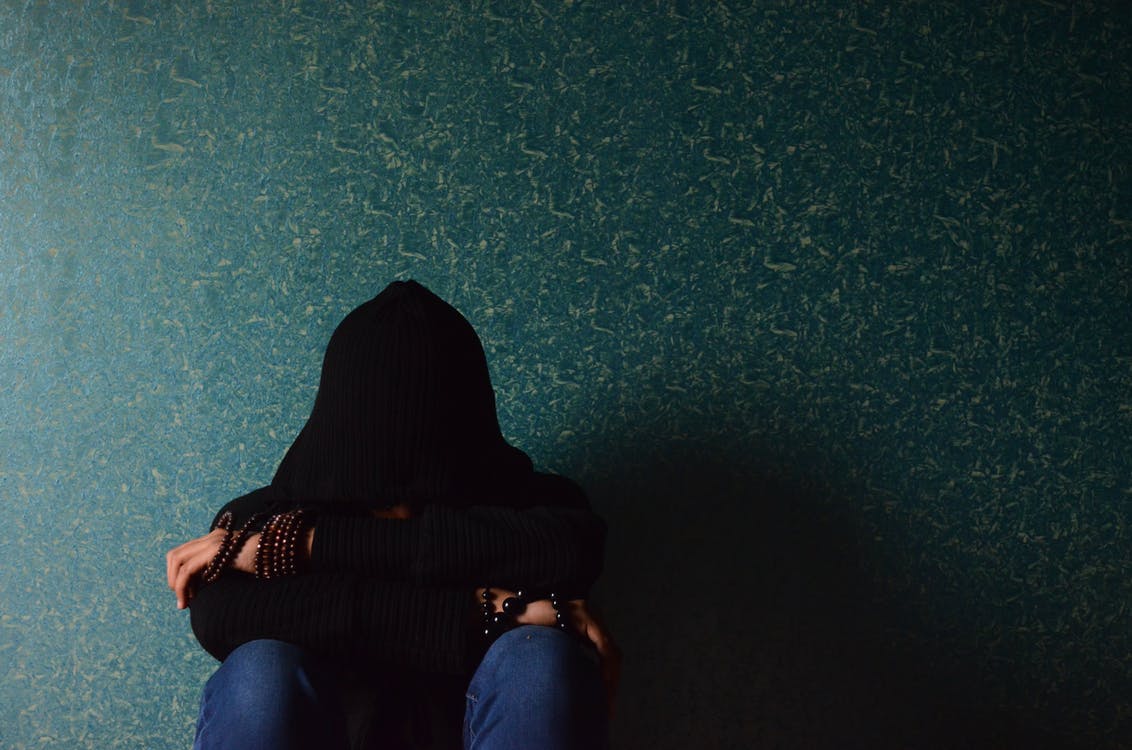HOW TO KNOW IF SOMEBODY IS IN DEPRESSION?
If you experience one of the first two symptoms (and at least four of the remaining symptoms) for most of the day for at least two weeks, you may be experiencing some form of depression.
- You feel persistently sad, hopeless, or empty: Pay close attention to these emotions if they feel very overwhelming, don’t seem to have a specific trigger, and don’t start to ease up with time.
- You’re no longer interested in your passions: Depression is often characterized by losing motivation to do activities you once enjoyed. So if you’ve always looked forward to your morning workouts, for instance, you might feel like exercising is the last thing you want to do.
- You feel like you’re about to snap: Irritability can look different for everyone, but you could start to get really annoyed or angry about little things, causing you to pick fights with your best friend or partner, for example.
- You’re exhausted: You may feel like it’s hard to get out of bed or like you don’t even have the energy to make yourself lunch.
- And your sleep schedule isn’t helping: Despite sticking to a consistent sleep routine, you might have trouble falling asleep at night. Or you could feel so tired that you sleep until well past your typical wake-up time.
- You can’t focus: Concentrating on your work may seem impossible and you may feel confused or like you’re in a haze. You may have a hard time making decisions too.
- Your appetite changes are really significant: There may be times when you don’t eat at all or when you overeat, which may cause you to lose or gain weight.
- You’re dealing with unexplained pain: Depression can actually be the cause of physical symptoms like muscle aches or pains, headaches, stomach cramps, or digestive issues that don’t seem to get better with treatment.
- You feel super restless or really lethargic: You may have trouble sitting still or feel generally uneasy without any clear reason, or you might move and respond much slower than normal.
- You’re having thoughts about self-harm: In serious cases, depression can lead to thoughts about death or suicide. If this happens, it’s crucial to reach out to a trusted friend or family member, seek medical care at a local hospital clinic.

